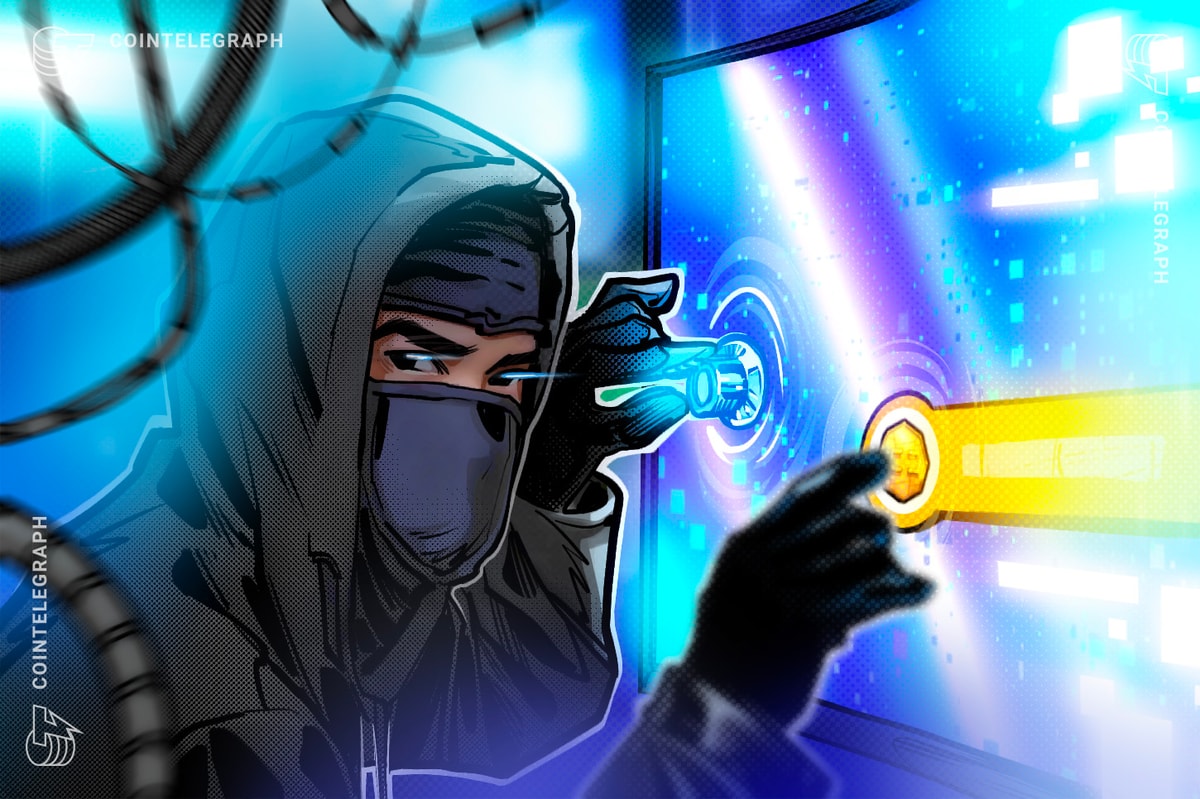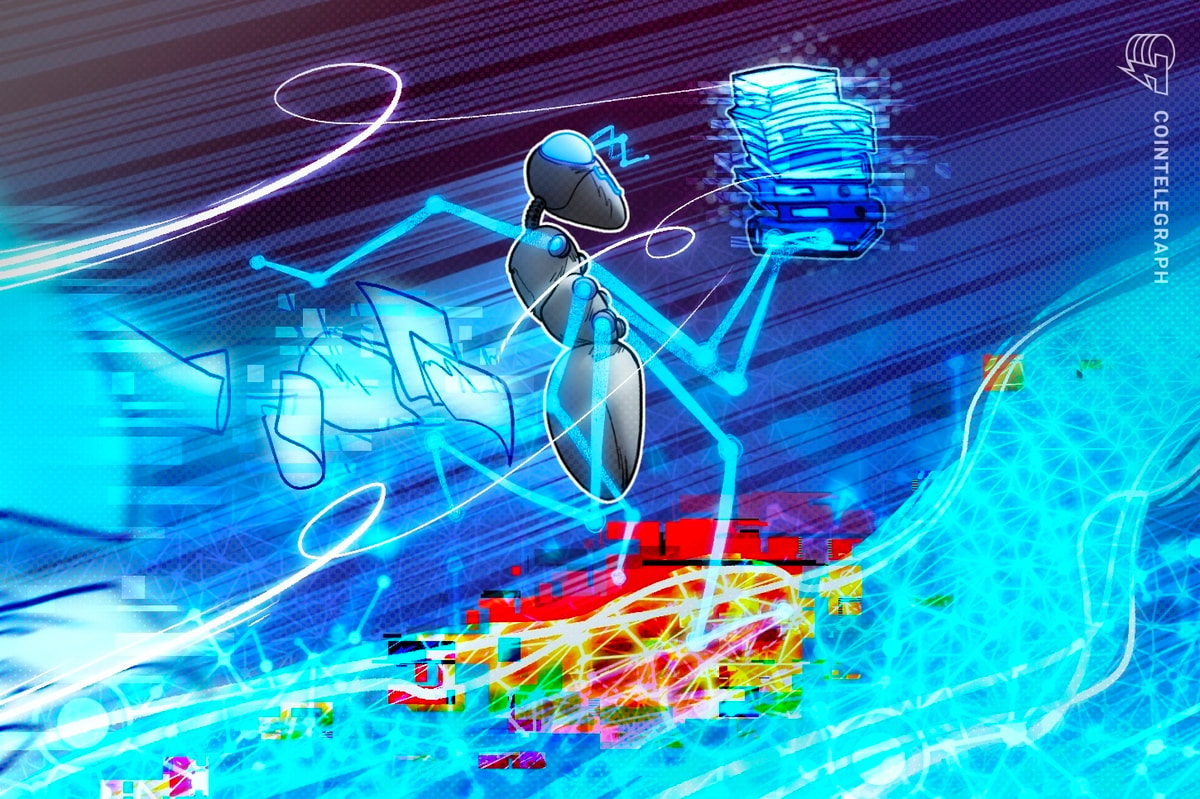
Sensitive data stolen from companies during cyberattacks often ends up on Dark web markets and forums. With the rise of the cybercrime as a service business model, Kaspersky (www.Kaspersky.co.za) researchers found that not only corporate data itself is for sale, but also the information necessary for access to corporate networks to organise that attack. Globally the average cost for access to corporate systems is in the range from $2,000 to $4,000, and in the META region the average price for access to corporate infrastructure is $2,100. This is relatively inexpensive compared to the possible damage to the targeted business. Such services are of prime interest to ransomware operators, whose profit may reach tens of millions of dollars a year.
The Dark web is a common term that is used to describe different resources used by cybercriminals – forums, instant messengers, Tor websites, blogs, Pastebin and similar websites, and others. The Dark web is also a multifunctional platform and market for any need – from attack preparation to money withdrawal.
Ways the attackers can get access to corporate data
The first way is by exploiting vulnerabilities on the network perimeter. These can be unpatched software with available exploits, vulnerabilities in web applications, misconfigured services or zero-day¹ vulnerabilities.
Another way is by phishing attacks. Most common attack scenarios include fake business correspondence from partners, fake links for online meetings or documents, and COVID-related emails.
Finally, access can be gained by infecting user devices (personal or corporate ones) with a data stealer. Data gets stolen while users continue to work on their device, then the stolen data is transferred to Command and Control servers, packed in files, which are then published on Dark web forums and put on sale. In South Africa, 1,270,617 accounts of users were stolen this way in 2021-2022. In Kenya, 375,011 accounts of users were stolen during the same period.
Selling access on the dark web
Once an attacker gains access to the organisation’s infrastructure, they can then sell this access to other advanced cybercriminals, for example, ransomware operators. The price for accessing potential victims’ systems is relatively inexpensive when compared to the possible damage that can be done afterwards. The average cost for access to a company’s systems lies in the range from $2,000 to $4,000. The cost of initial access depends on the victim company’s revenue and price. Globally 42% of all offers for the sale of access are cheaper than $1,000. The majority (75%) of all lots offer initial access through Remote Desktop Protocol (RDP), making the access for buyers easy. Other types include access through virtual network computing services, through web shell, through Citrix access or SQL injection.
While companies from the META region account for 8% of all offers globally on the sale of access to corporate infrastructure, their access is sold at a high price – the most expensive offer stood at $25 000. The average price for access to corporate infrastructure in the META region is $2,100. The most expensive offers that were found were for companies from Saudi Arabia, the UAE, Israel (starting from $5,000). Access to over 100 enterprises in META with an average revenue of $500 mln has been up for sale on the Darknet over the past 2 years.
Protecting businesses from dark web criminals
“While the Dark web seemed impossible to control in the past, now the situation is changing. Businesses can act to give fraudsters less opportunity to make dark web profits out of their data. Organisations should protect their data from being stolen with strong data security practices, including data encryption and educating employees on how to avoid accidentally giving cybercriminals access,” comments Yuliya Novikova, Head of Security Services Analysis at Kaspersky. “Dark web monitoring should be considered as a threat intelligence data source for cybersecurity staff – CTI analysts, SOC analysts, and others. It will allow to immediately react on security incidents such as offers on selling access to the company and help to prevent data breaches. Digital Footprint Intelligence introduced within the Kaspersky Threat Intelligence portal (https://bit.ly/3hZTdId) provides access to insights from a range of validated sources worldwide, allowing companies to mitigate the impact of cyberattacks and identify potential threats before they become incidents.”
Reference:
¹A zero-day vulnerability is an unknown software bug discovered by attackers before the vendor has become aware of it. Since the vendors are unaware, no patch exists for zero-day vulnerabilities, making attacks likely to succeed unexpectedly.
Distributed by APO Group on behalf of Kaspersky.
For further information please contact:
Nicole Allman
INK&Co.
nicole@inkandco.co.za
Social Media:
Facebook: http://bit.ly/3Oi5OTd
Twitter: http://bit.ly/3EhchZX
YouTube: http://bit.ly/3V722y6
Instagram: http://bit.ly/3UJCLuj
Blog: http://bit.ly/3TKrDfa
About Kaspersky
Kaspersky is a global cybersecurity and digital privacy company founded in 1997. Kaspersky’s deep threat intelligence and security expertise is constantly transforming into innovative security solutions and services to protect businesses, critical infrastructure, governments and consumers around the globe. The company’s comprehensive security portfolio includes leading endpoint protection and a number of specialized security solutions and services to fight sophisticated and evolving digital threats. Over 400 million users are protected by Kaspersky technologies and we help 240,000 corporate clients protect what matters most to them. Learn more at www.Kaspersky.co.za
Read More: news.google.com








 Bitcoin
Bitcoin  Ethereum
Ethereum  Tether
Tether  XRP
XRP  Solana
Solana  USDC
USDC  Cardano
Cardano  Dogecoin
Dogecoin  TRON
TRON  Lido Staked Ether
Lido Staked Ether  Wrapped Bitcoin
Wrapped Bitcoin  Pi Network
Pi Network  LEO Token
LEO Token  Toncoin
Toncoin  Chainlink
Chainlink  Stellar
Stellar  USDS
USDS  Hedera
Hedera  Wrapped stETH
Wrapped stETH  Shiba Inu
Shiba Inu  Avalanche
Avalanche  Sui
Sui  Litecoin
Litecoin  MANTRA
MANTRA  Polkadot
Polkadot  Bitcoin Cash
Bitcoin Cash  Ethena USDe
Ethena USDe  Bitget Token
Bitget Token  WETH
WETH  Binance Bridged USDT (BNB Smart Chain)
Binance Bridged USDT (BNB Smart Chain)  Hyperliquid
Hyperliquid  WhiteBIT Coin
WhiteBIT Coin  Wrapped eETH
Wrapped eETH  Monero
Monero  Uniswap
Uniswap  sUSDS
sUSDS  Aptos
Aptos  Dai
Dai  NEAR Protocol
NEAR Protocol  OKB
OKB  Pepe
Pepe  Mantle
Mantle  Internet Computer
Internet Computer  Ethereum Classic
Ethereum Classic  Gate
Gate  Ondo
Ondo  Coinbase Wrapped BTC
Coinbase Wrapped BTC  Aave
Aave  Tokenize Xchange
Tokenize Xchange